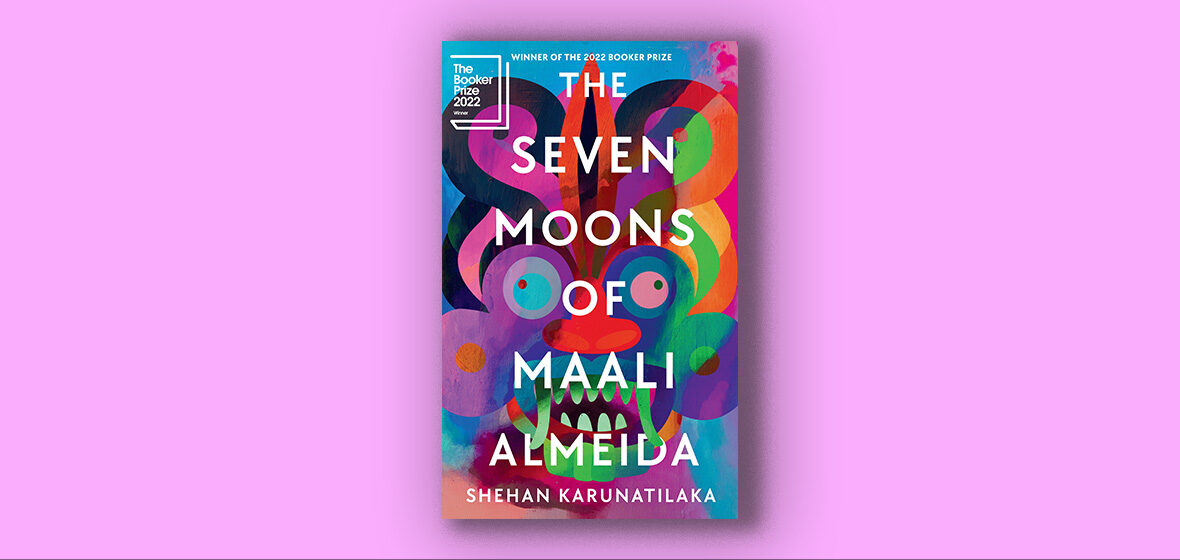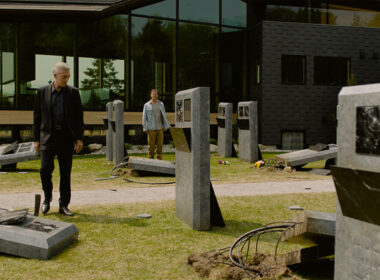The Seven Moons of Maali Almeida won its author this year's Booker Prize for its mix of political satire, dark comedy, murder mystery and magical realism.
A war photographer, high stakes gambler and closet gay man living in the 1980s in the midst of the Sri Lankan Civil War and HIV/AIDS crisis, Maali Almeida wakes up just in time to witness two hitmen disposing of his dismembered body in the Beira Lake.
Traversing the Afterlife, Maali finds that, like life, the Afterlife is a bureaucracy imposing queues, forms, tests and, most importantly, rules. The cardinal rule for new souls is that within seven moons (one week), they must make peace with their past life, complete the formalities required in the Afterlife and find their way towards The Light. Failure to follow this rule will render these souls lost, forever wandering the In Between and at risk of being taken by the Mahakali, the devil that roams the In Between collecting lost souls.
Time ticks by for Maali, who has suffered memory loss, leaving him unable to remember the series of events that led to his death and the identity of his murderer. He desperately tries to communicate with Jaki, his best friend, to guide her to the box of photographs containing his life’s work. As the photographs capture the brutalities of the Sri Lankan insurrection, Maali hopes they will bring down the corrupt government. He’s also haunted by the sentiments he left unspoken to the love of his life, Dilan.
It is unsurprising that this book was crowned the winner of this year’s Booker Prize. Karunatilaka weaves an engrossing story that skilfully amalgamates different genres – political satire, dark comedy, murder mystery and magical realism. Whilst the novel centres on the atrocities of the Sri Lankan civil war and the way corruption and greed have torn apart a country rich in culture and natural beauty, it also examines the impacts of legacy and regret. In Seven Moons, Karunatilaka highlights the human desire to leave behind a legacy, and, through the story of Maali Almeida’s death, questions whether the things we value in life will truly outlast us – and what it means to live without regret.




